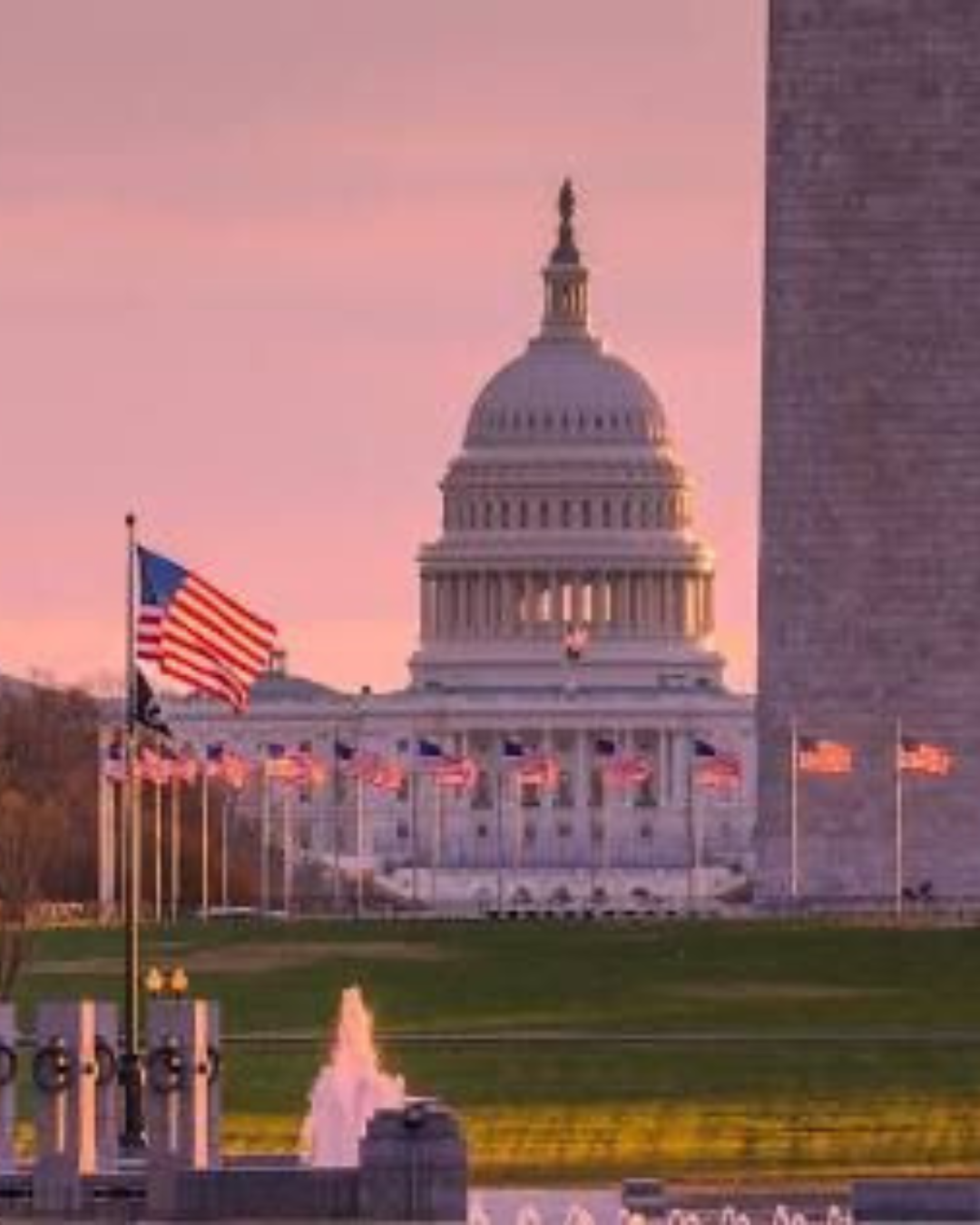Washington, D.C. — President Donald Trump has openly disagreed with his own Director of National Intelligence, suggesting that Iran may have resumed efforts to develop nuclear weapons. Trump criticized the intelligence assessment presented to Congress, stating that it underestimated the potential threat posed by Tehran and its Supreme Leader, Ayatollah Ali Khamenei.
Division Emerges Within U.S. Leadership
This public disagreement highlights growing tensions between the White House and the intelligence establishment. Intelligence officials had testified that Iran, while violating some aspects of the 2015 nuclear agreement, had not restarted its weapons program. Trump disputed these findings, insisting that the risk posed by Iran remains real and urgent.
Trump Doubles Down on His Iran Stance
During a briefing, Trump accused intelligence agencies of being too trusting. He argued that Iran’s regime cannot be taken at its word and that there are signs suggesting secretive nuclear developments. “The Ayatollah can flip the switch anytime,” Trump claimed. His comments align with his administration’s pressure campaign against Tehran.
Intelligence Briefing in Detail
Director Avril Haines had testified that, while Iran continues to breach uranium enrichment limits, no evidence indicates the government has decided to restart weaponization efforts. She emphasized the importance of monitoring without assuming aggressive intent without concrete proof.
Military and Diplomatic Caution
In the wake of Trump’s comments, Defense Secretary Lloyd Austin and Secretary of State Antony Blinken made cautious statements, reiterating that the U.S. remains watchful of Iran. They stopped short of fully aligning with the president’s claims, reflecting a careful balancing act within the administration.
Lawmakers React
Lawmakers on Capitol Hill responded quickly. Democrats denounced Trump’s remarks as undermining to U.S. intelligence integrity. Republicans were split, with some supporting the president’s skepticism and others warning that discrediting intelligence officials could compromise national security.
Global Perspective
Iran’s government rejected Trump’s accusations outright, maintaining its nuclear program is peaceful. European leaders expressed concern that conflicting messages from the U.S. could jeopardize diplomatic efforts. EU officials urged Washington to present a unified approach backed by verified intelligence.
Effects on Nuclear Negotiations
Analysts caution that Trump’s remarks could harm future talks with Iran. Diplomatic engagement is already fragile, and public disputes over intelligence assessments could further reduce trust between negotiating parties.
Undermining Intelligence Institutions
This is not the first instance of Trump questioning intelligence reports. Similar issues arose during his presidency regarding Russian election interference. Experts warn that dismissing intelligence evaluations for political reasons may damage the nation’s security framework.
Future Policy Uncertainty
As debates continue over how to handle Iran, the administration’s lack of alignment poses challenges. Whether Trump has access to classified information that contradicts public assessments or is seeking to shape public opinion remains unclear. However, the divergence has sparked renewed concern about the credibility of U.S. leadership in global security matters.











